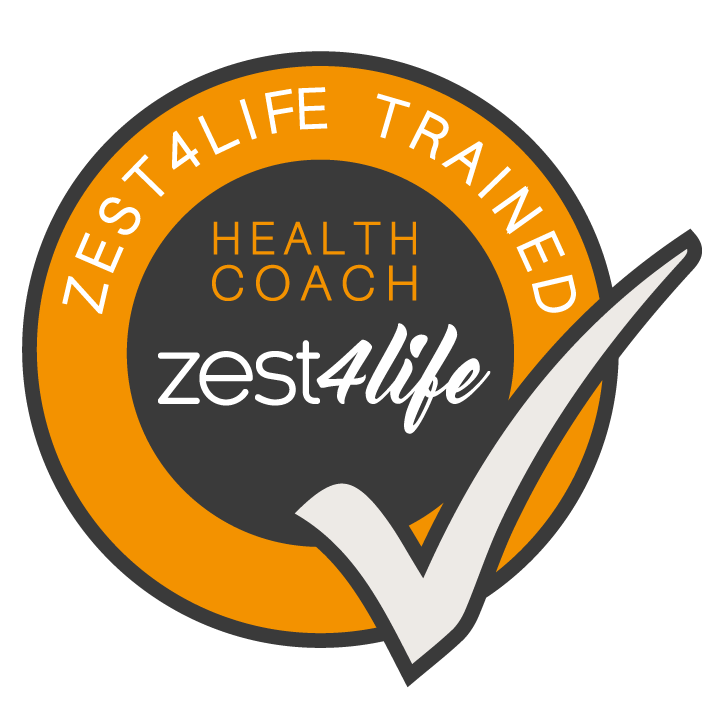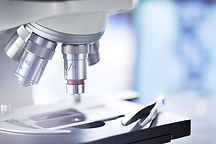

Effective Health Solutions
NURTURE YOUR MIND
NOURISH YOUR BODY
HEAL YOUR LIFE




Nutritional Therapy
How does Nutritional Therapy Work?
The factors that always accompany chronic illness are toxin accumulation, inadequacy of key nutrients, and loss of cell vitality. None of these can be put right by taking either prescribed or over-the-counter drugs and remedies. These may suppress the symptoms experienced, but do not put right the basic cause. They also add to the level of toxins already in the body, and give the system more work in breaking them down and getting rid of them.
Nutritional therapy, by taking careful account of the patient's history of illness and the treatments already undergone, aims to remove toxins, nourish the cells of the body, and increase cellular energy so that the body can function much more as it should.
Is the diet difficult to follow?
It is perhaps surprisingly simple, though a number of common foods are usually left out, and emphasis is placed on others.
How long does the treatment take?
On average it takes about three to four months to effect quite major changes in the person's health, though this can take longer depending on the initial conditions of ill-health. It is very seldom that no improvement is noticed. However, improvements are usually reported by the end of the first month.
What is the success rate of the nutritional therapy?
The degree of success can depend on a number of factors but in general most people are very pleased with the results. In some cases the difference can be quite transformative.
Live Blood
How does Live blood analysis work?
A quick, painless finger prick with a lancet provides a small drop of blood which is placed on two slides.
This is then magnified 1000 to 1200 times (via camera and video screen) for live and dried blood analysis. These two slides will give us a very comprehensive set of information about the state of your health.
What is the main advantage of Live blood analysis?
LBA takes the guesswork out of your journey towards optimum health as it makes everything visible - red blood cells, white blood cells and all the other components of your blood.
If we think of your blood as your river of life, one drop of blood gives us a snapshot of your life.
Upon viewing the blood, we will answer all your questions and guide you in taking all the right steps in terms of making achievable and realistic lifestyle changes.
Which health problems and conditions can LBA possibly show me?
We can observe issues with your digestive system, sluggish lymphatic system, compromised immune system components, toxicity and pH imbalances, hormonal imbalances, internal organs stress, emotional and psychological stress, nutrient deficiencies etc.
Why can't I have LBA done at my GPs office?
GPs don't have the facilities nor the time to look at their patients' blood, let alone interpret the picture.
Nor does microscopy fit into the conventional medical model of one disease-one drug- one outcome.
LBA is primarily an educational tool as it motivates you to understand the complexity and variability of your health status and empowers you to make meaningful lifestyle changes.
Neuro-linguistic programming
Please define NLP succinctly!
This is a common request and not an easy one to fulfil because NLP covers such a wide field and has so many diverse applications. The following are just a few ways of defining it: NLP is a method of personal development - a tool for improving your own and others' performance
It is also a model of effective communication - a practical and pragmatic collection of insights and methods that can enable you to improve how you communicate with yourself and others
And it is a means of modelling - or creating models of human behaviour.
In a nutshell......NLP is a simple yet powerful approach to personal and professional development. It is based on the study of successful human performance in which the methods of very effective people are studied.
Why might NLP interest me?
NLP provides you with a means to make changes in your own life and to assist others in doing the same. It provides you with insights into how people think and behave.
Hypotherapy
Do you do any sessions online as I do not live in your area?
Yes, we offer sessions online as well as telephone support.
What is the difference between suggestion therapy and hypnotherapy?
Suggestion therapy is best used to tackle minor or habitual problems, such as weight loss, stop smoking, nail biting etc, and typically takes between one and three sessions whereas hypnotherapy is used for the problems where the cause is more deep-seated. The aim of hypnotherapy is to help you resolve the cause of the problem and can take anything from six to twelve sessions.
Why visit a hypnotherapist?
Quite simply, visit a hypnotherapist if there is anything in your life you wish to change. Whether you would like to start doing something you wish to do, or stop doing something that's become a problem.
I'm a little nervous about hypnosis...
Don't be!During your first consultation we will answer all your questions and concerns to put your mind at rest before your treatment.
Do I have to be referred by my GP?
No, although doctors do refer clients for hypnotherapy, it is certainly not a requirement for most conditions.
Are drugs used?
No, not at all.
I've tried countless diets, but still can't lose weight or keep it off. Can hypnotherapy help me?
Hypnotherapy for weight control is geared towards finding the reason why a person is repeatedly feeling the need to overeat - whether it be 'comfort' eating, or eating due to stress.Hypnotherapy is by far the best method used for this.
How will I feel afterwards?
After the session, many people feel invigorated, more confident and enthusiastic about their new outlook on things. It's very common too, for people to feel a great deal of relief in getting over the issue which had been causing such anxiety often for many years.
Are you linked to any internationally recognised professional organisations?
We are fully recognised and accredited by the CMA (The Complementary Medical Association), world's largest organisation for professional complementary therapists
